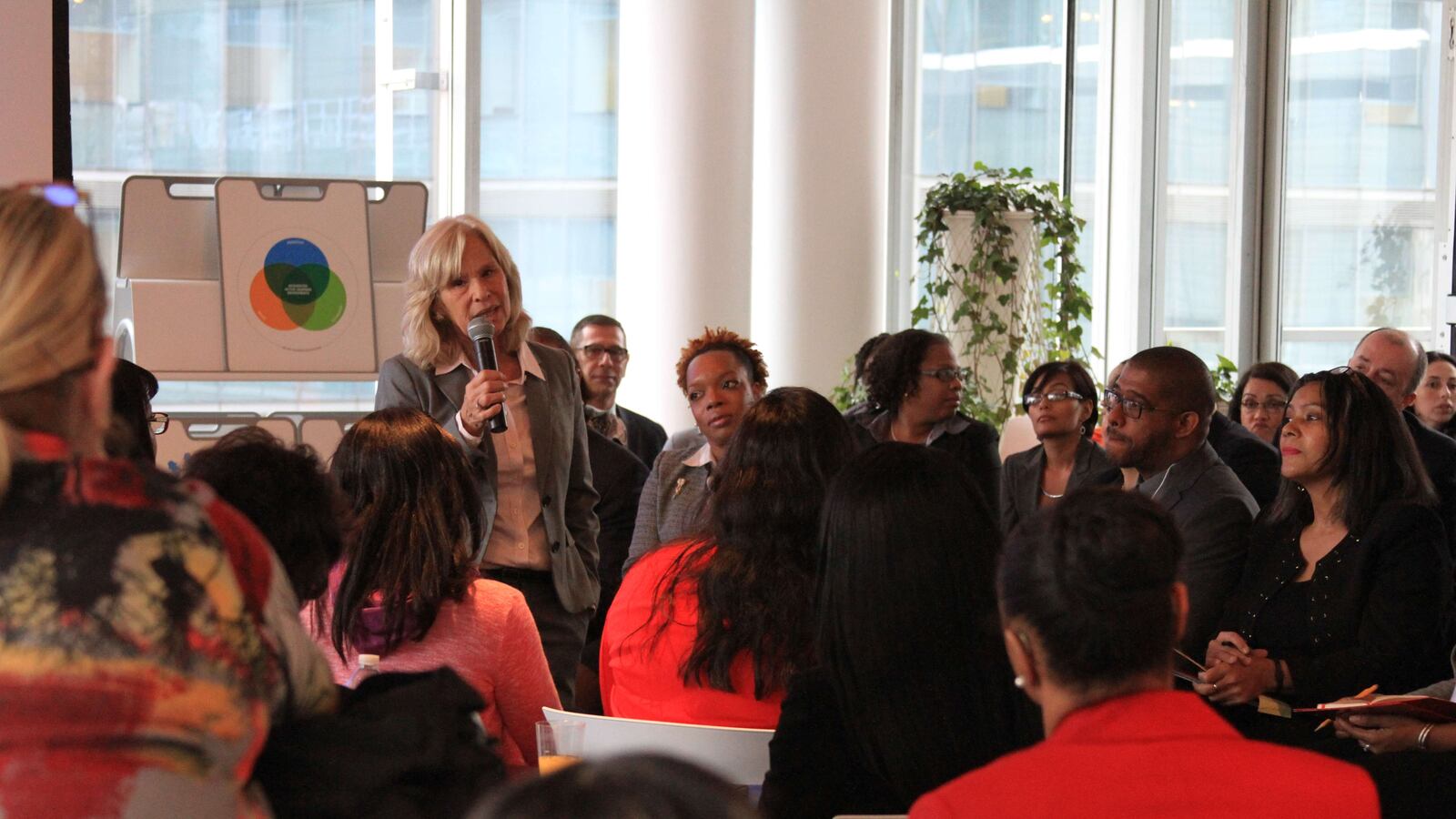The 94 struggling schools in the city’s new turnaround program will undergo top-to-bottom audits beginning this month, which will include classroom visits, interviews, surveys, and focus groups.
The “needs assessments,” which will be conducted by the city with help from outside researchers, are meant to help the schools create improvement plans for next school year, according to an overview sent to school leaders. This planning process is the first stage of the three-year turnaround program, dubbed School Renewal.
During the process, school and city officials will jointly set “measurable milestones” the schools will have to meet next year, the overview says; otherwise, they could face leadership changes or be considered for more drastic interventions, including closure.
While those academic targets have not yet been specified, the city does expect to see progress on students’ test scores, an aide to the chancellor told a group of principals in the struggling schools program last month. For example, students who scored a 1 out of 4 on the state exams should move up to at least a 2, while those with 2s should advance to a passing score of 3 or 4, said the aide, Laura Kotch.
“We do want to see the numbers go up,” said Kotch, Chancellor Carmen Fariña’s longtime associate who is helping oversee the turnaround program. “The chancellor wants to keep her job.”
At the meeting in Manhattan just before winter break, which included teachers and principals from about 40 troubled schools, Kotch said she expects the educators at each school to display “a sense of urgency.”
“It can’t be good enough to do what we’ve been doing,” she said.
During this month and next, the researchers will collect data on each of the 94 schools, according to the document. They will visit every “core content” classroom, interview staffers and school leaders, review the school’s existing plans, look at survey data, and conduct focus groups with parents and students, the document says.
They will then create data reports, which will be sent to the schools. Next, the schools’ leaders, staffers, parents, and superintendents will use the data to create improvement plans, which are due by June.
Those plans are separate from the ones for this school year that the city submitted to the state in December for roughly 250 low-ranked schools — including those in the Renewal program — after a months-long delay.
Last month, some school leaders received the overview of the Renewal process with details about the upcoming audit, along with instructions to share the information with faculty and parents. But on Tuesday, administrators from one Renewal school said they still had not received the document or been told anything about the looming review, other than to expect one.
“We’ve heard nothing,” one of the administrators said. “No one has spoken to us and we’re several months into this program and halfway through the year.”

